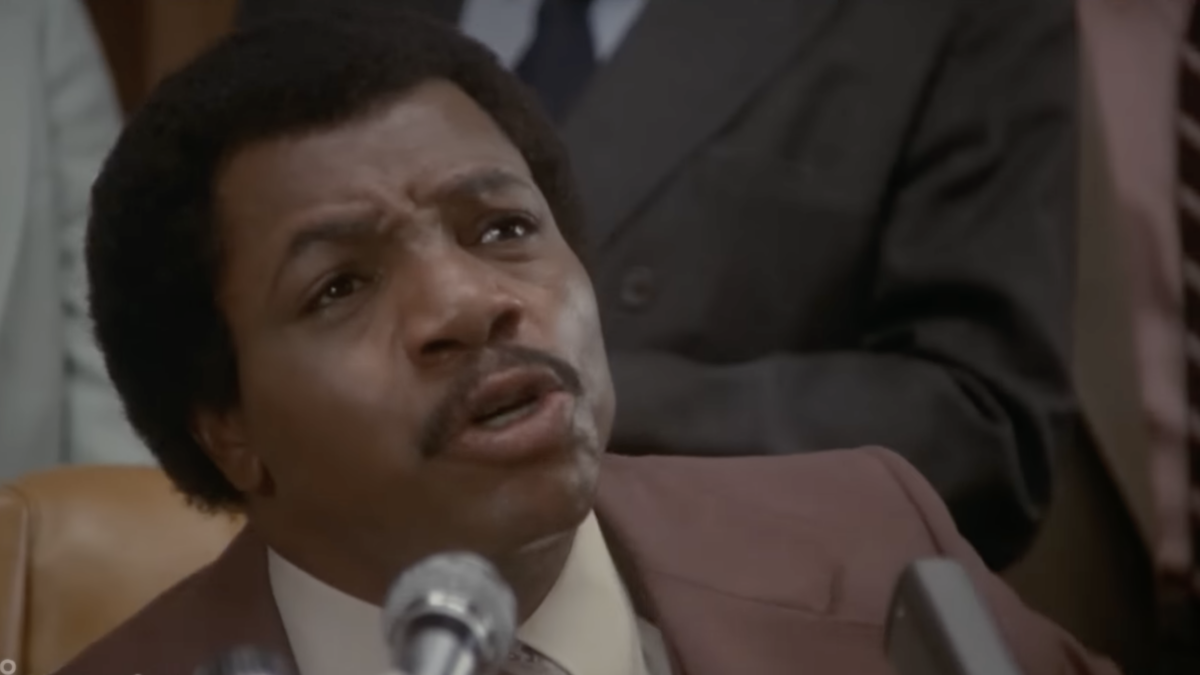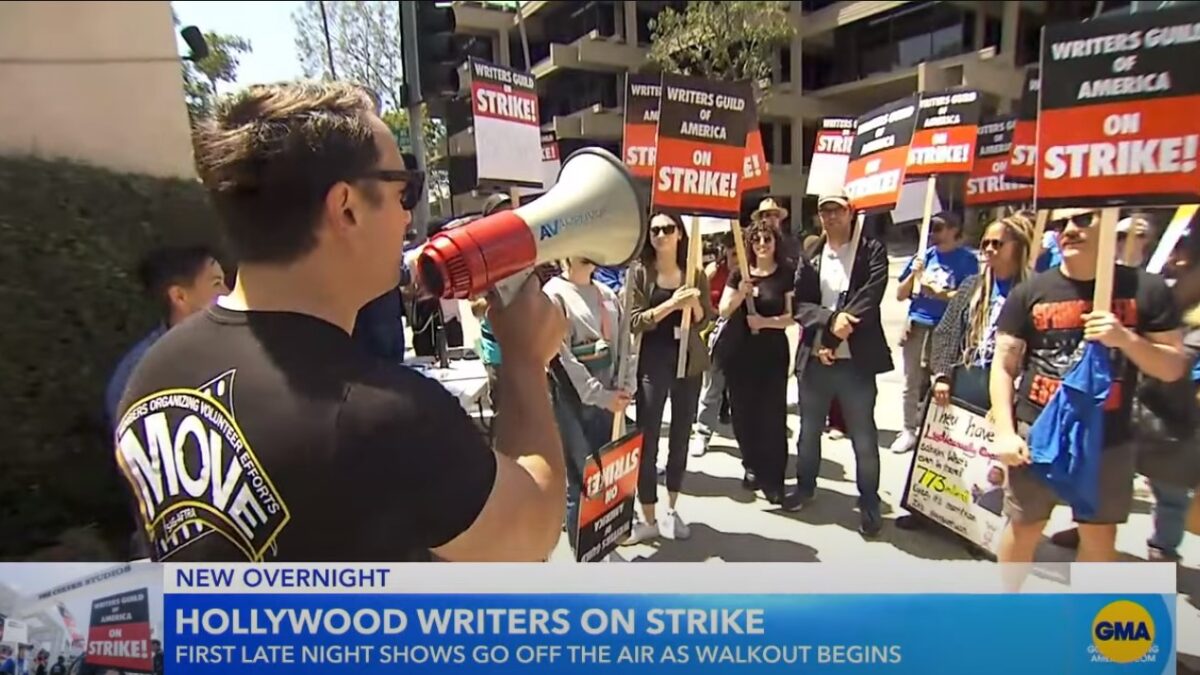
I hesitate to use “Hollywood” as a catchall, but the entertainment industry’s surging Georgia boycott seems to be attracting little dissent in Tinseltown. Meanwhile, Hollywood’s cozy relationship with China fails to stoke the outrage of our perpetually outraged celebrity class.
The logic of the Georgia boycott, prompted by recent legislation banning most abortions, is that it’s unethical to do business inside a state with egregious policies, either to discourage their enactment or avoid enabling their enforcement. What does that mean for China?
The Washington Free Beacon helpfully noted on Thursday that CEO Bob Iger said Disney would likely stop filming in Georgia if the legislation goes into effect, all while his company has shot recent movies in countries with strict abortion laws like Jordan and the United Arab Emirates.
We’ve addressed Hollywood’s close relationship with China in these pages before. The industry does a great deal of business with Chinese companies, (the market is “still essential for U.S. studios’ bottom lines,” as the Los Angeles Times put it in February) and scripts are regularly altered to placate Chinese censors. As if the censorship of art wasn’t concerning enough to politically engaged celebrities, the country’s human rights record is just a bit worse than Georgia’s.
Here’s just one excerpt from the State Department’s recently released 2018 report on the state of human rights in China. I’m including the whole paragraph because it’s worth reading:
Human rights issues included arbitrary or unlawful killings by the government; forced disappearances by the government; torture by the government; arbitrary detention by the government; harsh and life-threatening prison and detention conditions; political prisoners; arbitrary interference with privacy; physical attacks on and criminal prosecution of journalists, lawyers, writers, bloggers, dissidents, petitioners, and others as well as their family members; censorship and site blocking; interference with the rights of peaceful assembly and freedom of association, including overly restrictive laws that apply to foreign and domestic nongovernmental organizations (NGOs); severe restrictions of religious freedom; significant restrictions on freedom of movement (for travel within the country and overseas); refoulement of asylum seekers to North Korea, where they have a well-founded fear of persecution; the inability of citizens to choose their government; corruption; a coercive birth-limitation policy that in some cases included sterilization or abortions; trafficking in persons; and severe restrictions on labor rights, including a ban on workers organizing or joining unions of their own choosing. Official repression of the freedoms of speech, religion, movement, association, and assembly of Tibetans in the Tibet Autonomous Region (TAR) and other Tibetan areas and of Uighurs and other ethnic and religious minorities in Xinjiang worsened and was more severe than in other areas of the country.
Not only does Hollywood continue to do “essential” business in China, the industry allows its work to be censored by the very government that commits these human rights violations. (Even if, as one “U.S. studio executive” told the LA Times, it’s now “very, very difficult to get anything done at all” in the country.)
Do the enemies of Georgia in Hollywood know that recent reporting indicates the country is imprisoning its Muslim population en masse? “The (Chinese) Communist Party is using the security forces for mass imprisonment of Chinese Muslims in concentration camps,” Randall Schriver, assistant secretary of defense for Indo-Pacific security affairs, said last month, estimating the detainment could involve as many as three million Muslims.
In a May report, Reuters said “former detainees” described to the outlet “being tortured during interrogation at the camps, living in crowded cells and being subjected to a brutal daily regimen of party indoctrination that drove some people to suicide.”
Brad Slager has a new article outlining why the boycott and its associated threats amount to little more than a hollow gesture and empty rhetoric. Hollow gestures and empty rhetoric are, of course, a timeless Hollywood tradition. Celebrities love opportunities to signal their virtue like they love contouring. But when considered alongside the industry’s cooperation with China, this particular movement is especially gross.
Boycott leader Alyssa Milano wrote Gov. Brian Kemp (R-Ga.) a letter, co-signed by a host of big-name celebrities, announcing that if the state’s new abortion legislation becomes law, “we cannot in good conscience continue to recommend our industry remain in Georgia.” How does the industry’s relationship with China weigh on their collective conscience?
If ever there were an opportunity to take a meaningful stand against a Hollywood partner’s repressive political policies, the industry’s work with China would be it. And yet? Silence from just about everyone, save for Richard Gere.









